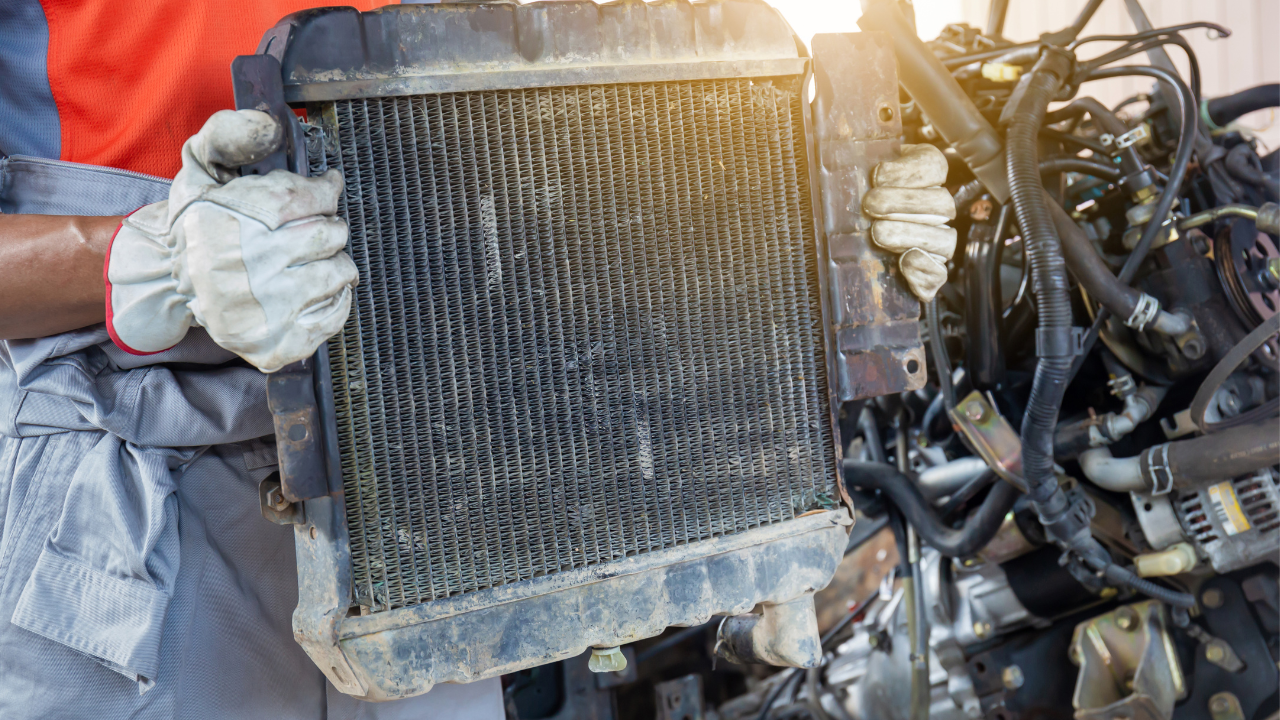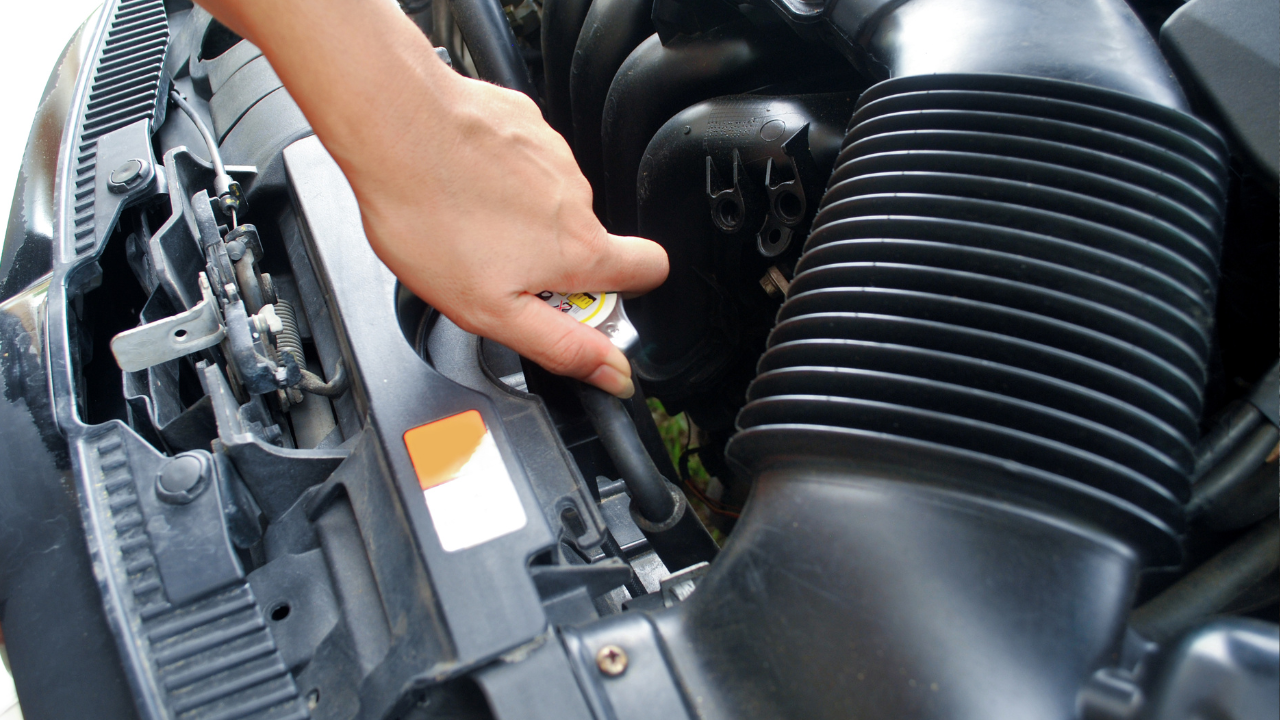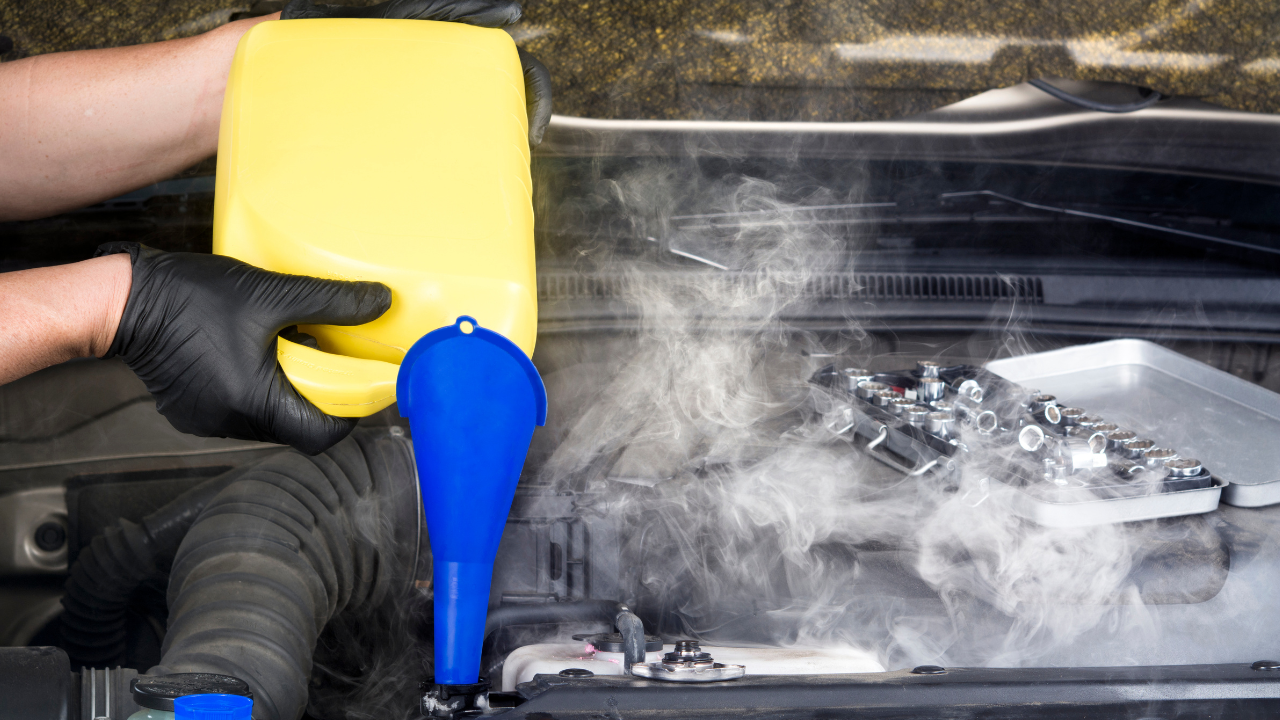Your vehicle’s radiator plays a pivotal role in maintaining optimal engine temperature, ensuring smooth operation and longevity. However, when faced with a radiator leak, the consequences can be dire, ranging from engine overheating to complete breakdowns. In this comprehensive guide, we’ll delve into the various factors that contribute to radiator leaks and explore effective strategies to address and prevent them, ensuring your vehicle’s reliability and performance. Get back on the road faster with our expert roadside assistance.
Table of Contents
ToggleUnderstanding the Importance of Radiator

Health Before delving into the causes of radiator leaks, it’s essential to grasp the significance of radiator health. The radiator serves as the heart of your vehicle’s cooling system, dissipating heat generated by the engine to prevent overheating. A leaky radiator compromises this vital function, leading to decreased cooling efficiency, increased engine stress, and potential mechanical failures. Maintaining a properly functioning radiator is crucial to preserving your vehicle’s performance and longevity.
Common Causes of Radiator Leaks

Corrosion and Rust
One of the primary culprits behind radiator leaks is corrosion and rust buildup within the radiator and its components. Over time, exposure to moisture, heat, and contaminants can cause metal surfaces to corrode, compromising their structural integrity. Rust deposits can accumulate within the radiator core, hoses, and fittings, leading to weakened areas prone to leakage. Additionally, corrosion can eat away at the radiator’s aluminum or copper fins, creating small holes and fissures that allow coolant to escape.
Pressure Buildup
Excessive pressure within the cooling system can also contribute to radiator leaks, particularly in older or poorly maintained vehicles. When the cooling system is subjected to high temperatures or blockages, pressure levels can spike, placing undue stress on the radiator and its seals.
Weak or deteriorated radiator caps may fail to regulate pressure effectively, leading to leaks around the cap or overflow reservoir. Additionally, clogged or restricted coolant passages can create localized pressure zones, increasing the likelihood of leaks in vulnerable areas.
Physical Damage
External trauma or impact can inflict physical damage upon the radiator, resulting in cracks, punctures, or fractures. Collisions, road debris, and improper handling during maintenance or repairs can all cause structural damage to the radiator’s core, tanks, or mounting brackets. Even minor incidents can compromise the radiator’s integrity, leading to slow leaks or sudden failures over time. Inspecting the radiator for signs of physical damage and addressing any issues promptly is essential to prevent leaks and ensure continued operation.
Effective Strategies to Stop Radiator Leaks

Radiator Sealants
For minor leaks or hairline cracks, radiator sealants offer a quick and cost-effective solution to stop leaks and prevent further coolant loss. These sealants typically come in liquid or powder form and work by circulating through the cooling system, sealing leaks upon contact with air. However, it’s important to note that radiator sealants are temporary fixes and may not be suitable for larger or more severe leaks. Exercise caution when using sealants and follow the manufacturer’s instructions carefully.
Radiator Repair Kits
For more significant leaks or structural damage, radiator repair kits provide a comprehensive solution to address and reinforce weakened areas. These kits typically include epoxy or solder-based repair compounds, along with applicators and sandpaper for surface preparation.
By following the provided instructions and properly applying the repair compound, you can effectively seal leaks and restore the radiator’s integrity. However, keep in mind that radiator repair kits may require some mechanical skill and patience to achieve optimal results.
Professional Repair or Replacement
In cases of severe or irreparable radiator damage, seeking professional repair or replacement is the most reliable course of action. Qualified mechanics or radiator specialists possess the expertise and equipment necessary to diagnose the extent of the damage and recommend appropriate solutions.
Depending on the severity of the leak and the condition of the radiator, repairs may involve welding, soldering, or component replacement. In some instances, radiator replacement may be the most cost-effective and practical option to ensure long-term reliability.
Preventive Maintenance Measures
Implementing a routine maintenance schedule that includes regular inspections of the cooling system can help detect potential issues before they escalate into major problems. Check the radiator, hoses, and fittings for signs of corrosion, damage, or leakage, and address any abnormalities promptly. Additionally, monitor coolant levels and quality to ensure proper cooling system function and prevent overheating.
Coolant Flush and Replacement
Periodic coolant flushes and replacements are essential to remove contaminants, debris, and old coolant from the cooling system, preventing corrosion and buildup. Follow the manufacturer’s recommendations regarding coolant type and interval for optimal performance. Additionally, consider using coolant additives or corrosion inhibitors to prolong the lifespan of your radiator and cooling system components.
Maintain Proper Cooling System Pressure
Ensure that the radiator cap and pressure relief valve are functioning correctly to maintain proper cooling system pressure. Inspect the radiator cap for signs of wear or damage and replace it if necessary. Additionally, monitor coolant levels and top up as needed to prevent air pockets and maintain adequate pressure levels. Avoid overfilling the coolant reservoir, as excess pressure can lead to leaks and component damage.
Conclusion
A leaking radiator poses a significant threat to your vehicle’s performance and reliability, necessitating prompt attention and corrective action. By understanding the common causes of radiator leaks and implementing effective strategies to address and prevent them, you can safeguard your vehicle’s cooling system and ensure smooth operation on the road. From routine maintenance tasks to professional repairs or replacements, taking proactive measures to maintain a healthy radiator will pay dividends in the long run, prolonging your vehicle’s lifespan and minimizing costly repairs. Life’s too short to wait on the side of the road – call us for assistance!

